Indigenous Governance Database
Land/Jurisdiction
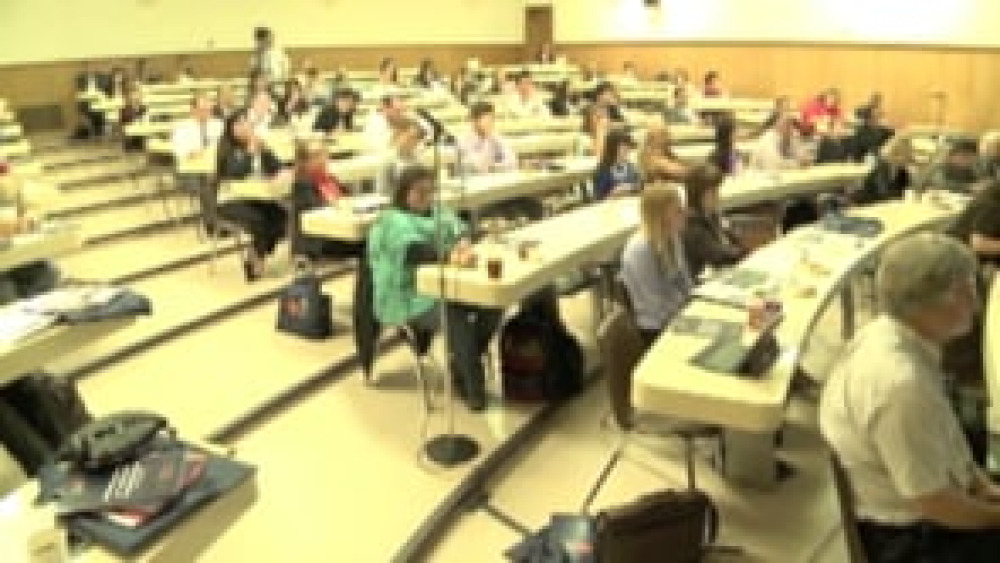
Good Native Governance Plenary 1: Innovations in Law
UCLA School of Law "Good Native Governance" conference presenters, panelists and participants Carole E. Goldberg, Matthew L.M. Fletcher, and Kristen A. Carpenter discuss law and the issues that Native nations deal with. Goldberg explains the recommendations of the Indian Law and Order Commission…
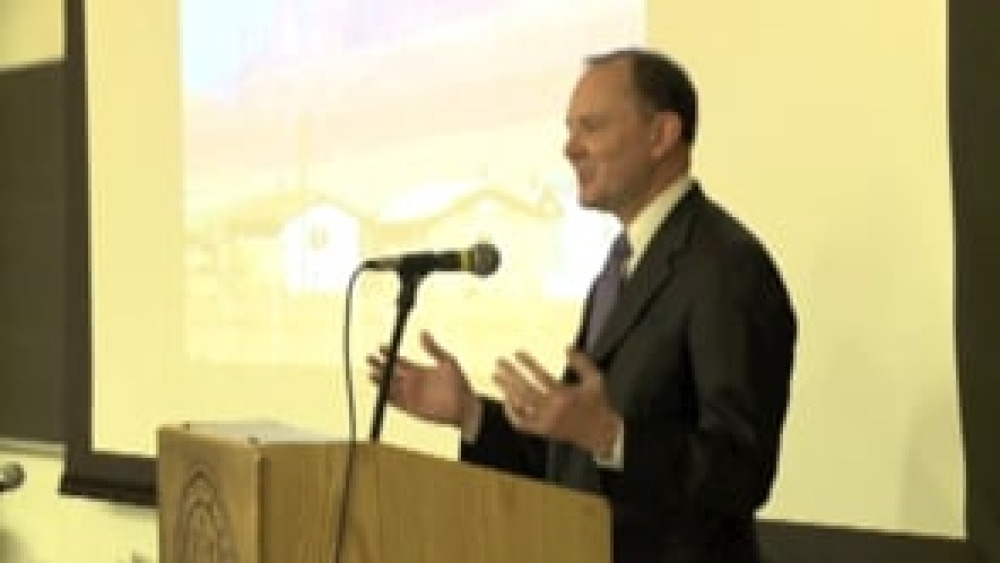
Good Native Governance: Keynote Address
UCLA School of Law "Good Native Governance" conference keynote speaker, Kevin Washburn, Assistant Secretary — Indian Affairs for the U.S. Department of the Interior, examines how Native nations are engaging so well in self-determination through good governance. This video resource is featured on…
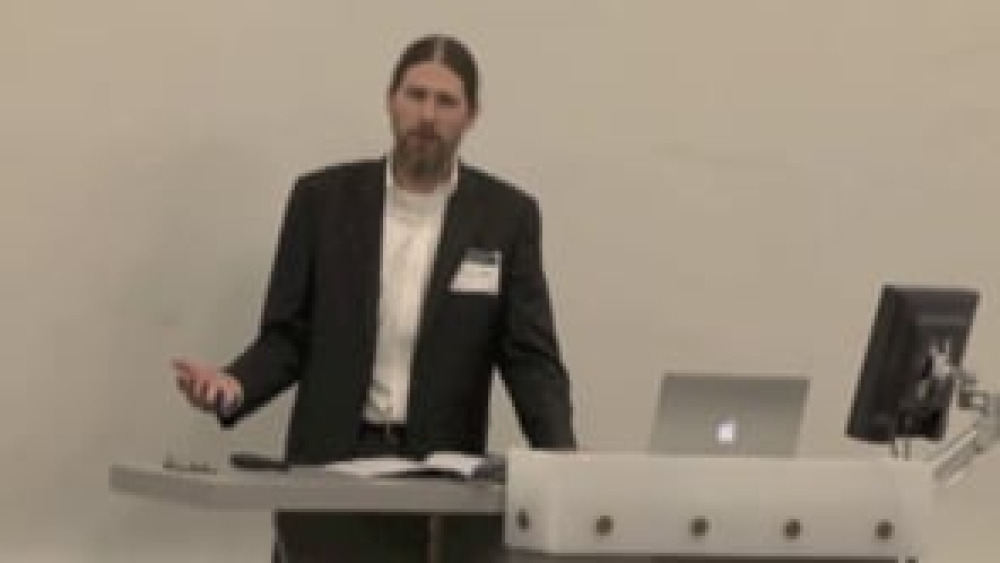
Good Native Governance Break Out 2: Indian Gaming in California
UCLA School of Law "Good Native Governance" conference presenters, panelists and participants Jonathan Taylor, Victor Rocha, and Alexander Tallchief Skibine discuss gaming and its impact for Native nations in California. Mr. Taylor provides a summary of data collection illustrating change in…

Good Native Governance Breakout 1: Cultural and Natural Resources Protection
UCLA School of Law "Good Native Governance" conference presenters, panelists and participants Reginald Pagaling, Marcos Guerrero, and Marshall McKay discuss their experience with cultural preservation and cooperation with the local and state governements. Reginald addresses the areas of concerns…

From the Good Native Governance: Innovative Research in Law, Education, and Economic Development Conference
Assistant Secretary Kevin Washburn provided a snapshot of Native nations engaging in self-governance reinforcing the notion that "almost anything the federal government can do, tribes can do better" through good governance.
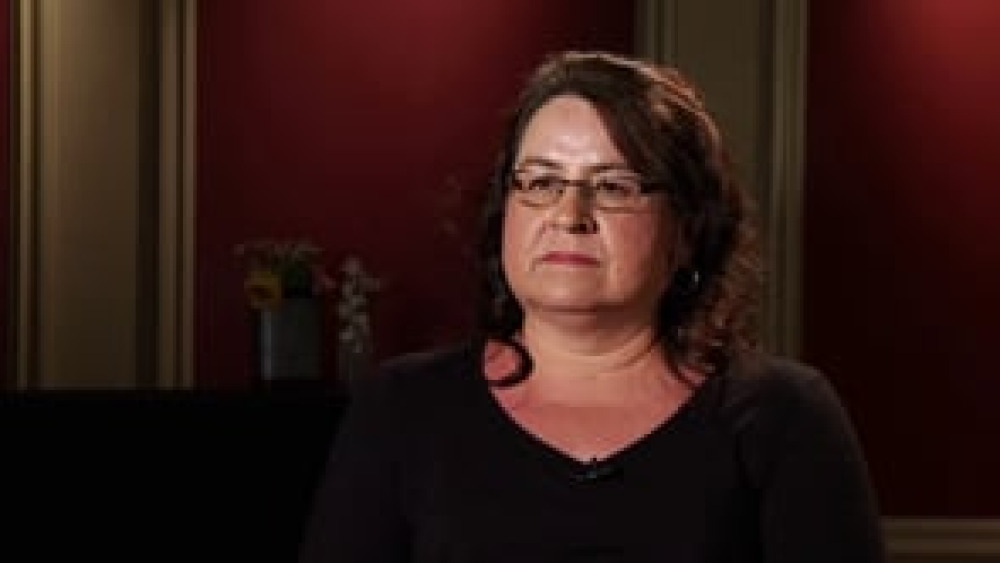
Brenda Child: The Red Lake Nation: Laying a Solid Foundation for Constitutional Reform
In this informative interview with NNI's Ian Record, Brenda Child, a member of the Red Lake Constitution Reform Initiative Committee, discusses how the Committee has worked methodically to set in place a solid foundation upon which to engage Red Lake citizens about the Red Lake constitution and…
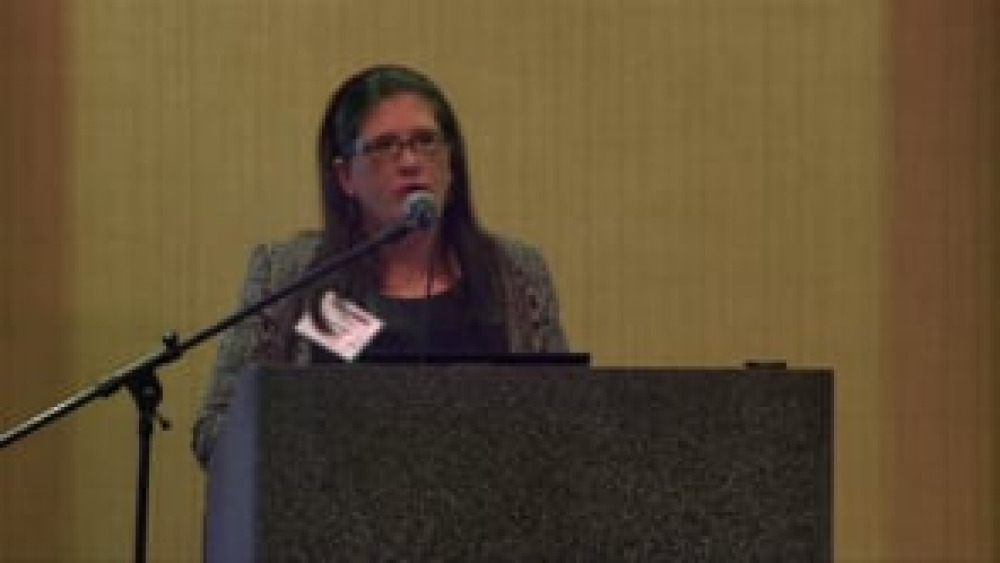
Sarah Deer: The Muscogee (Creek) Nation's Approach to Citizenship
Sarah Deer (Muscogee), Co-Director of the Indian Law Program at the William Mitchell College of Law, provides a brief overview of the Muscogee (Creek) Nation's unique approach to defining its citizenship criteria, which essentially creates two classes of citizens: those who run for elected office,…
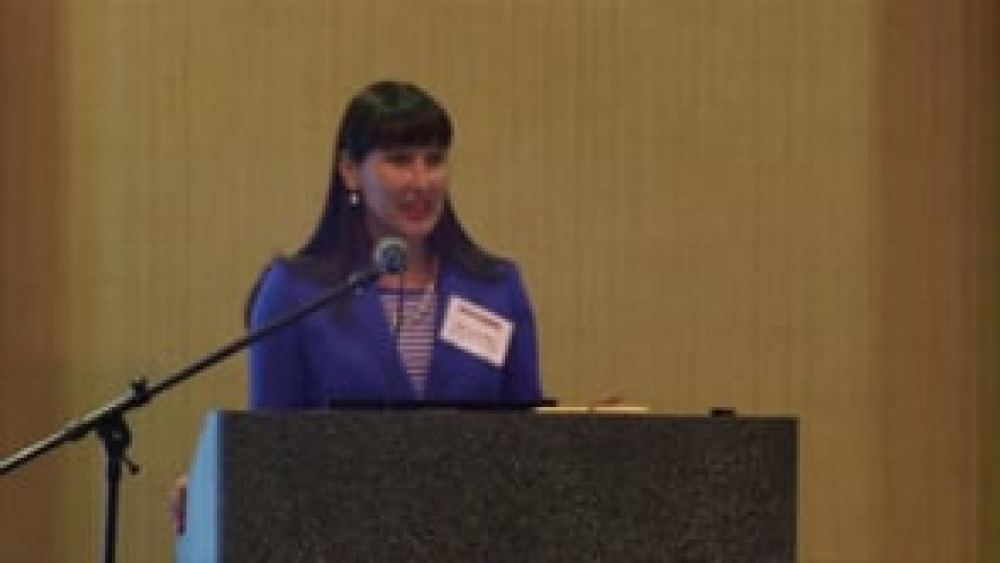
Jill Doerfler: Defining Citizenship: Blood Quantum vs. Descendancy
Scholar Jill Doerfler (Anishinaabe) talks about the colonial origins of blood quantum as a criterion for determining "Indian" and tribal identity, and explains how the federal government imposed that criterion upon the White Earth people in order to divest them of their land. She also stresses the…

Matthew Fletcher: Defining Citizenship: Blood Quantum vs. Descendancy
Michigan State University Law Professor Matthew Fletcher compares and contrasts between Anishinaabe conceptions of citizenship and belonging historically and today, and proposes that conference participants consider taking some innovative approaches to redefining citizenship that address the…
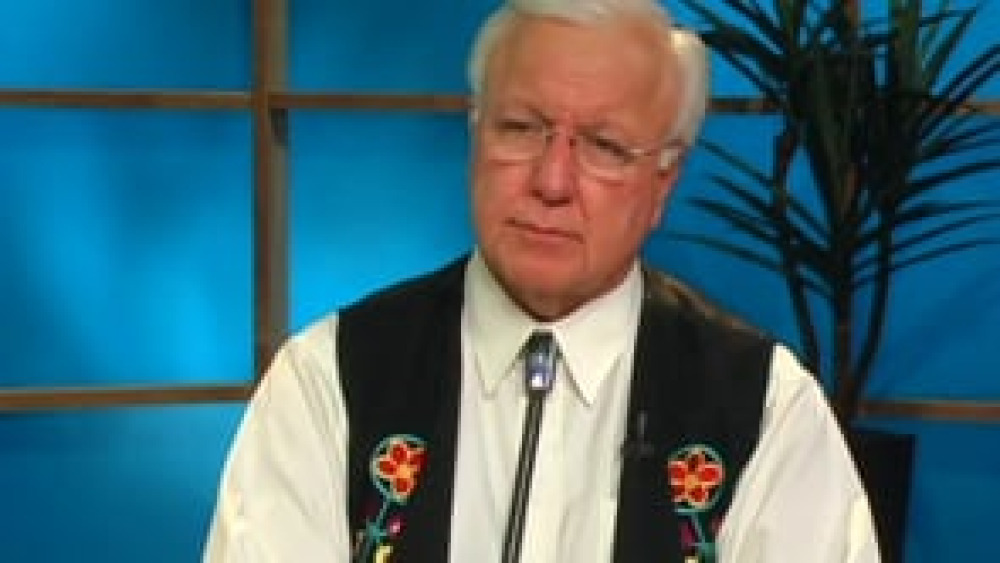
John "Rocky" Barrett: Constitutional Reform and the Citizen Potawatomi Nation's Path to Self-Determination
In this wide-ranging interview with NNI's Ian Record, longtime chairman John "Rocky" Barrett of the Citizen Potwatomi Nation provides a rich history of CPN's long, difficult governance odyssey, and the tremendous strides that the nation has made socially, economically, politically, and culturally…
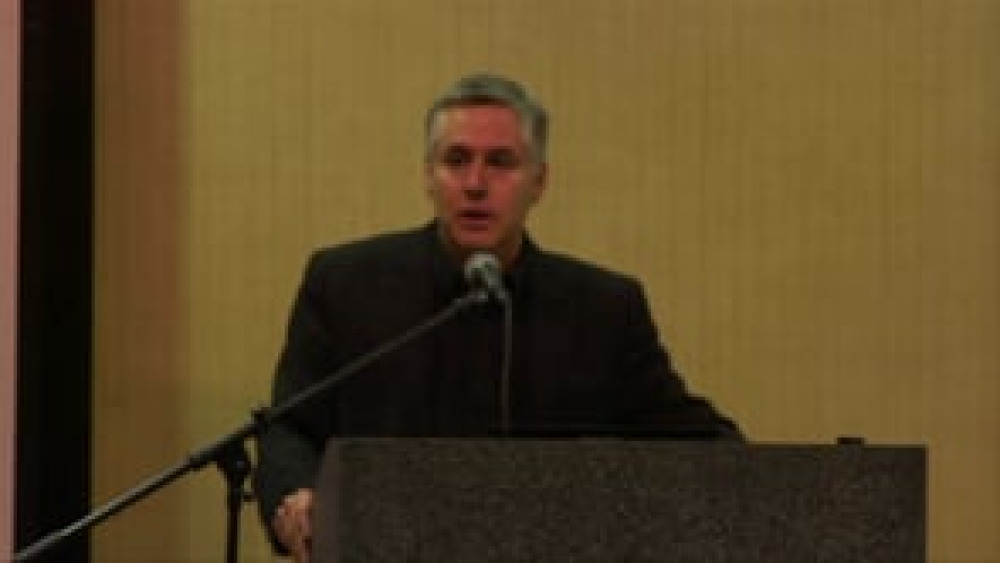
John Borrows: Anishinaabe Principles of Citizenship and Identity
University of Minnesota Law Professor John Borrows (Anishinaabe) provides an overview of how Anishinaabe people defined citizenship and identity traditionally, and how the cultural principles embedded in that traditional definition possess great power to inform laws defining tribal citizenship…
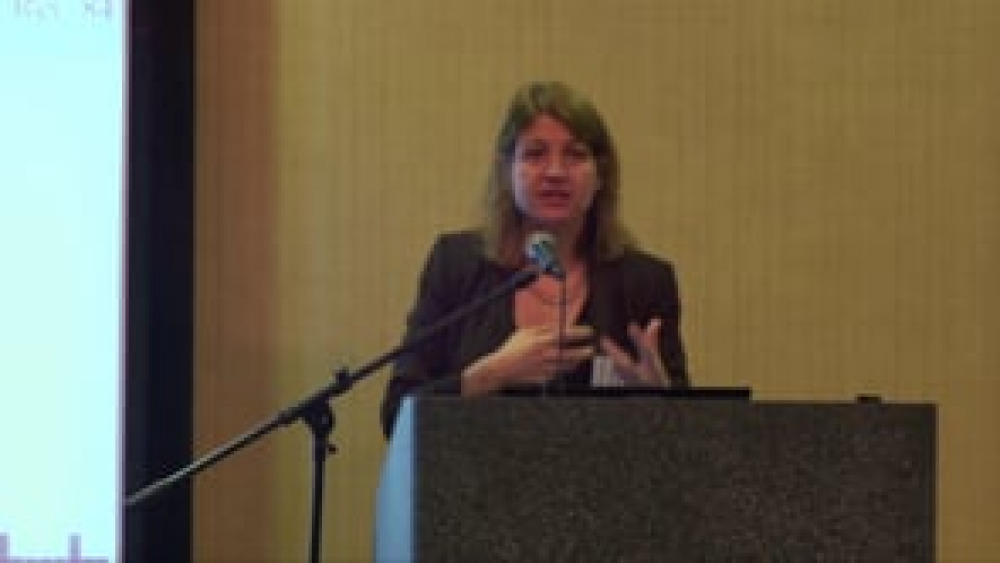
Bethany Berger: Citizenship: Culture, Language and Law
University of Connecticut Law Professor Bethany Berger provides a brief history of the federal policies that have negatively impacted the ways that Native nations define and enforce their criteria for citizenship historically through to the present day. This video resource is featured on the…

Peterson Zah: Native Nation Building: The Place of Education
Dr. Peterson Zah, former Chairman and President of the Navajo Nation, discusses the importance of higher education in empowering Native nations' efforts to achieve their nation-building goals. He also discusses the Navajo Nation Permanent Trust Fund as an example of the strategic orientation that…
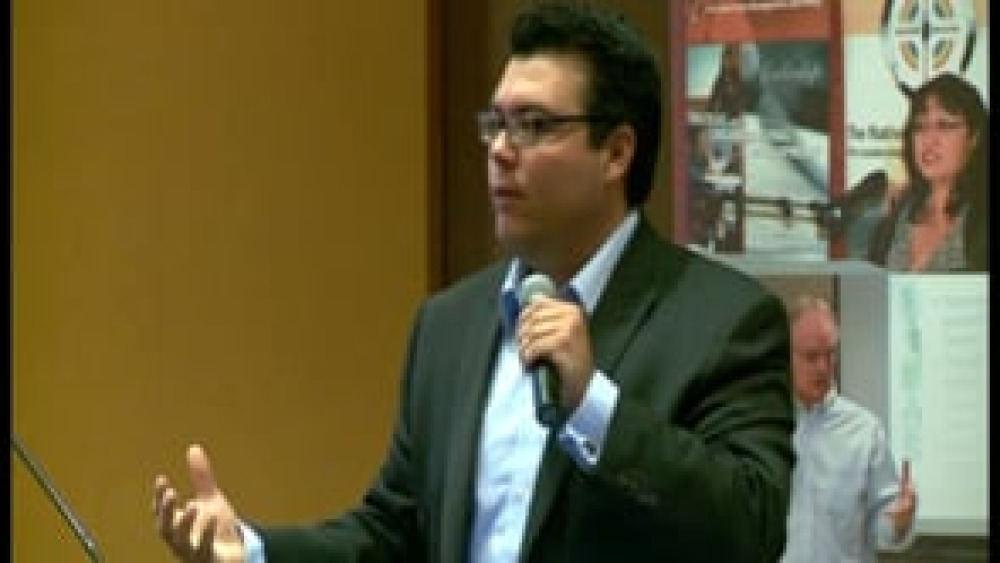
Adam Geisler: What I Wish I Knew Before I Took Office
Adam Geisler, Secretary of the La Jolla Band of Luiseño Indians, discusses the diverse set of challenges he faces as an elected leader of his nation and discusses some of the innovative ways that he, his leadership colleagues, and his nation have worked to overcome those challenges. He also offers…
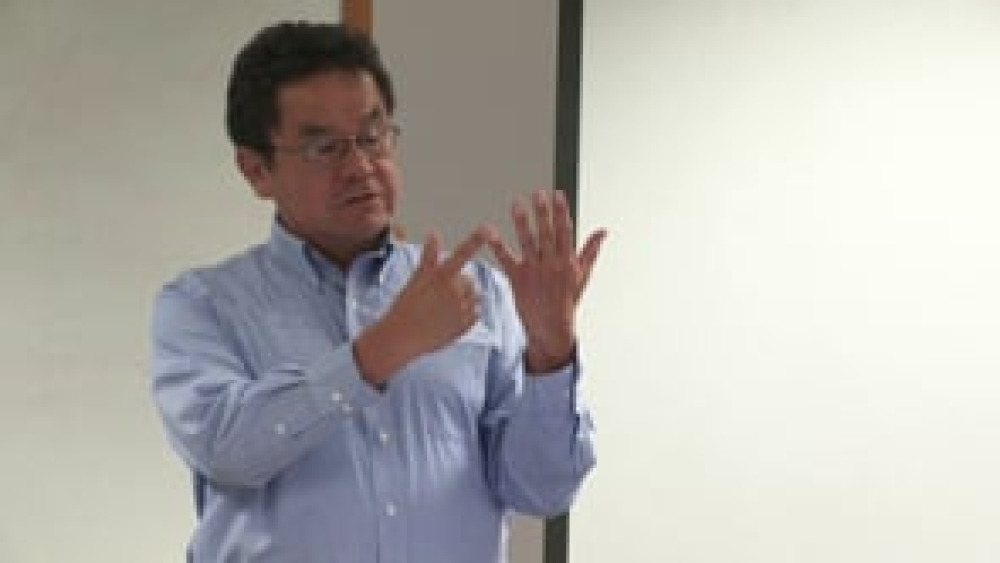
John Petoskey: Tribal Sovereign Immunity and the Michigan v. Bay Mills case: What the Future Likely Holds and How Native Nations Should Prepare
In this lecture for faculty and students of the University of Arizona's Indigenous Peoples Law and Policy Program, NNI Indigenous Leadership Fellow John Petoskey provides a comprehensive background of the Michigan v. Bay Mills case currently pending before the U.S. Supreme Court and discusses what…
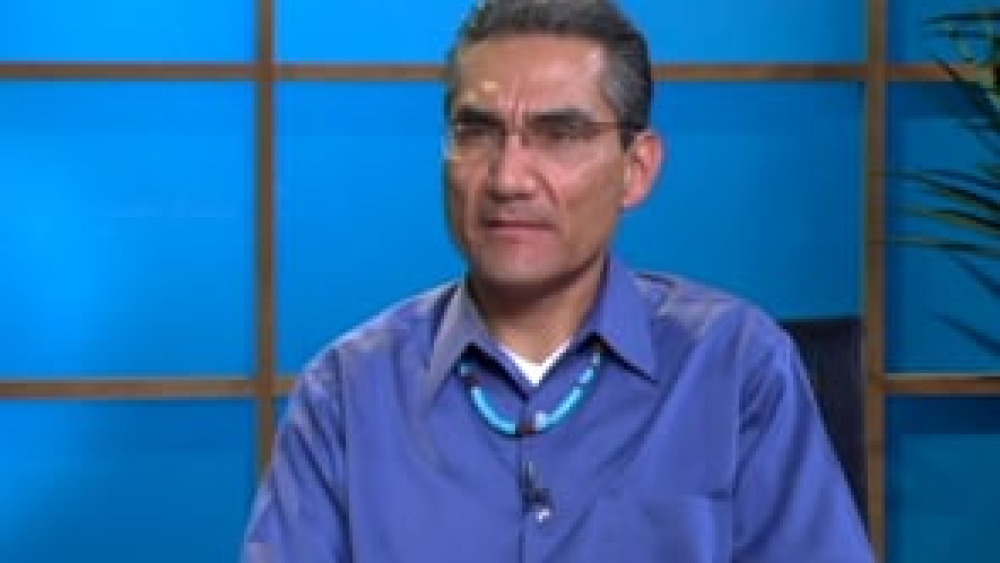
Joseph Flies-Away: The Role of Justice Systems in Nation Building
In this in-depth interview with NNI's Ian Record, Joseph Flies-Away, citizen and former chief judge of the Hualapai Tribe, discusses the central roe that justice systems can and should play in Native nation rebuilding efforts, how justice systems serve as platforms for healing and cultural renewal…
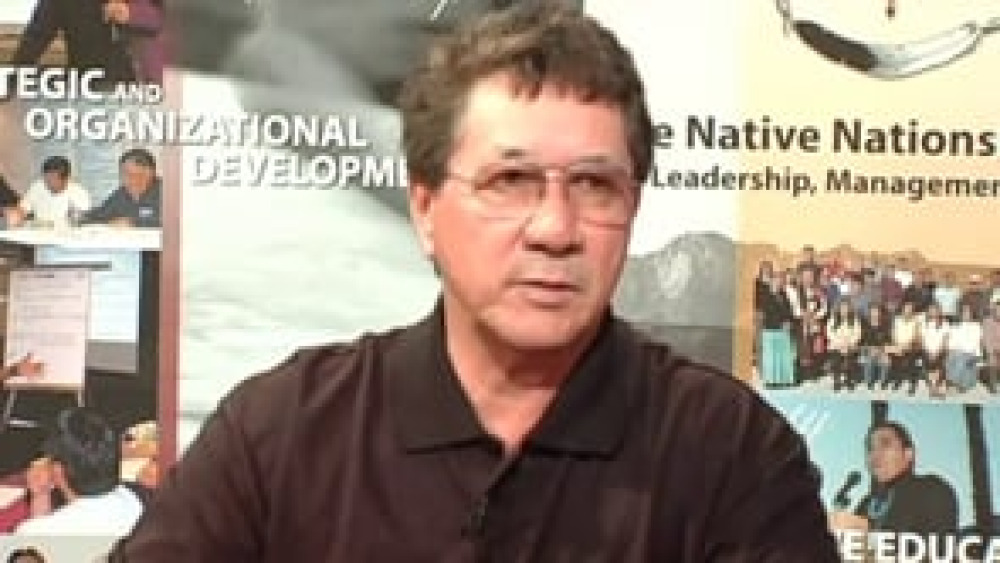
NNI Indigenous Leadership Fellow: Michael Kanentakeron Mitchell (Part 2)
In part two of his Indigenous Leadership Fellow interview, Grand Chief Michael Mitchell of the Mohawk Council of Akwesasne touches on a wide range of nation-building topics, notably the importance of clearly defining the distinct roles and responsibilities of leaders and administrators working on…
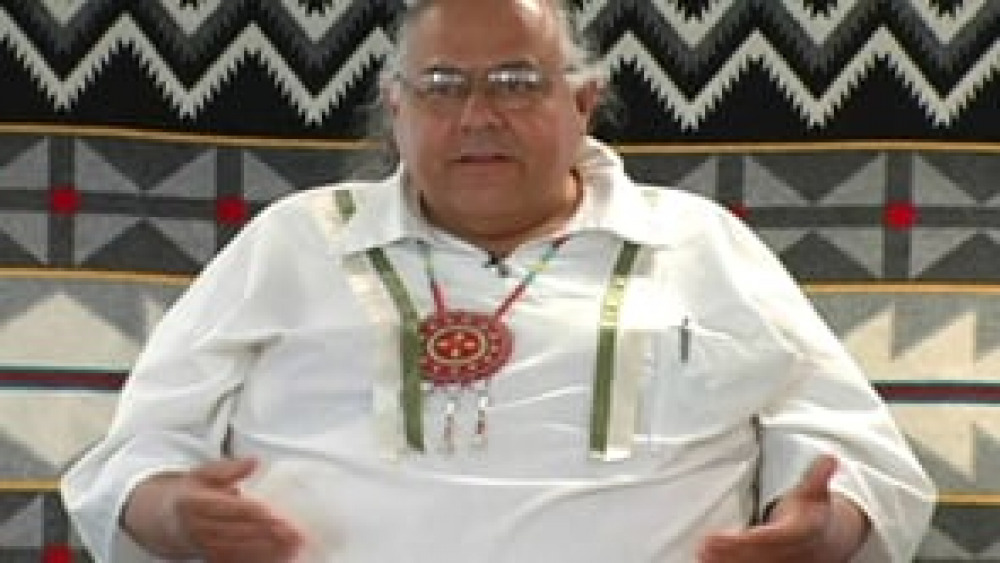
Frank Ettawageshik: Exercising Sovereignty: The Little Traverse Bay Bands of Odawa Indians
Frank Ettawageshik, former chairman of the Little Traverse Bay Bands of Odawa Indians (LTBBO), discusses how LTBBO has systematically built its legal infrastructure in order to fully and capably exercise the nation's sovereignty and achieve its nation-building goals. He discusses some of the…
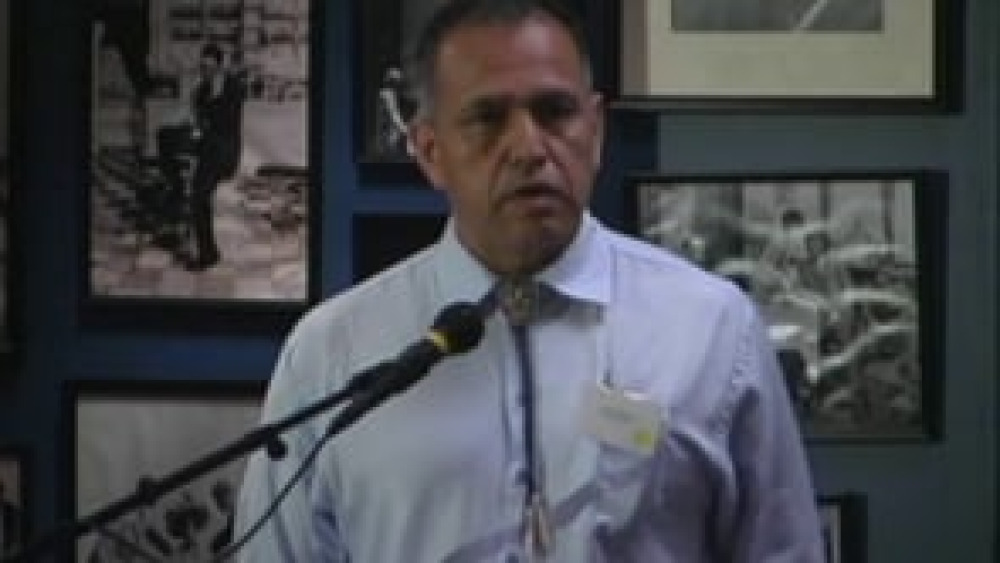
Honoring Nations: Darrell Hillaire and Sharon Kinley: Semiahmoo Project
Darrell Hillaire and Sharon Kinley from the Lummi Nation and its Semiahmoo Project discuss the unfortunate circumstances that prompted the creation of the project, and how the Lummi are using the project as an opportunity to re-engage their culture, elders, core values, and language.
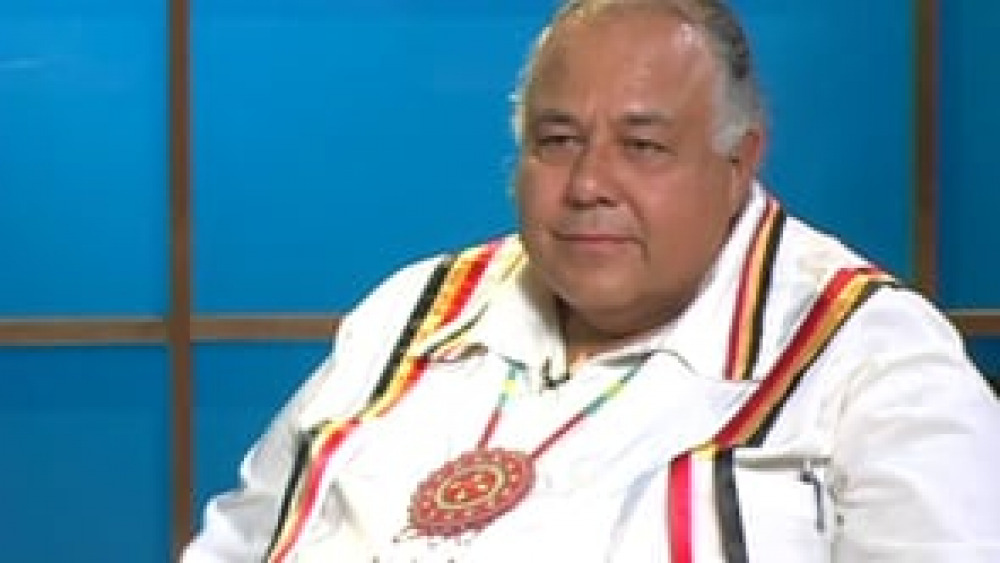
NNI Indigenous Leadership Fellow: Frank Ettawageshik (Part 2)
Frank Ettawageshik, former chairman of the Little Traverse Bay Bands of Odawa Indians (LTBBO), discusses the critical role that intergovernmental relationship building plays in the practical exercise of sovereignty and the rebuilding of Native nations. He shares several compelling examples of how…
